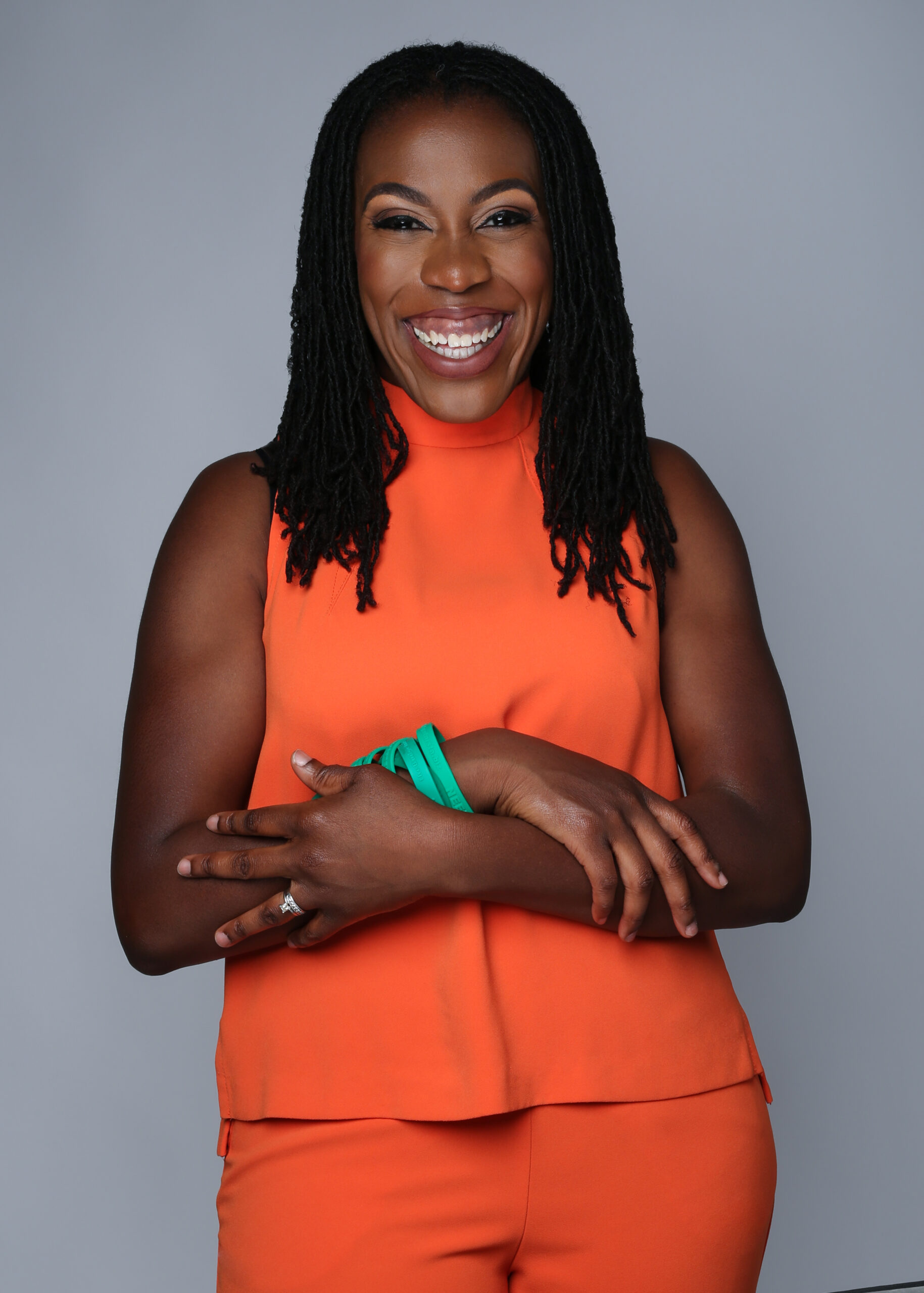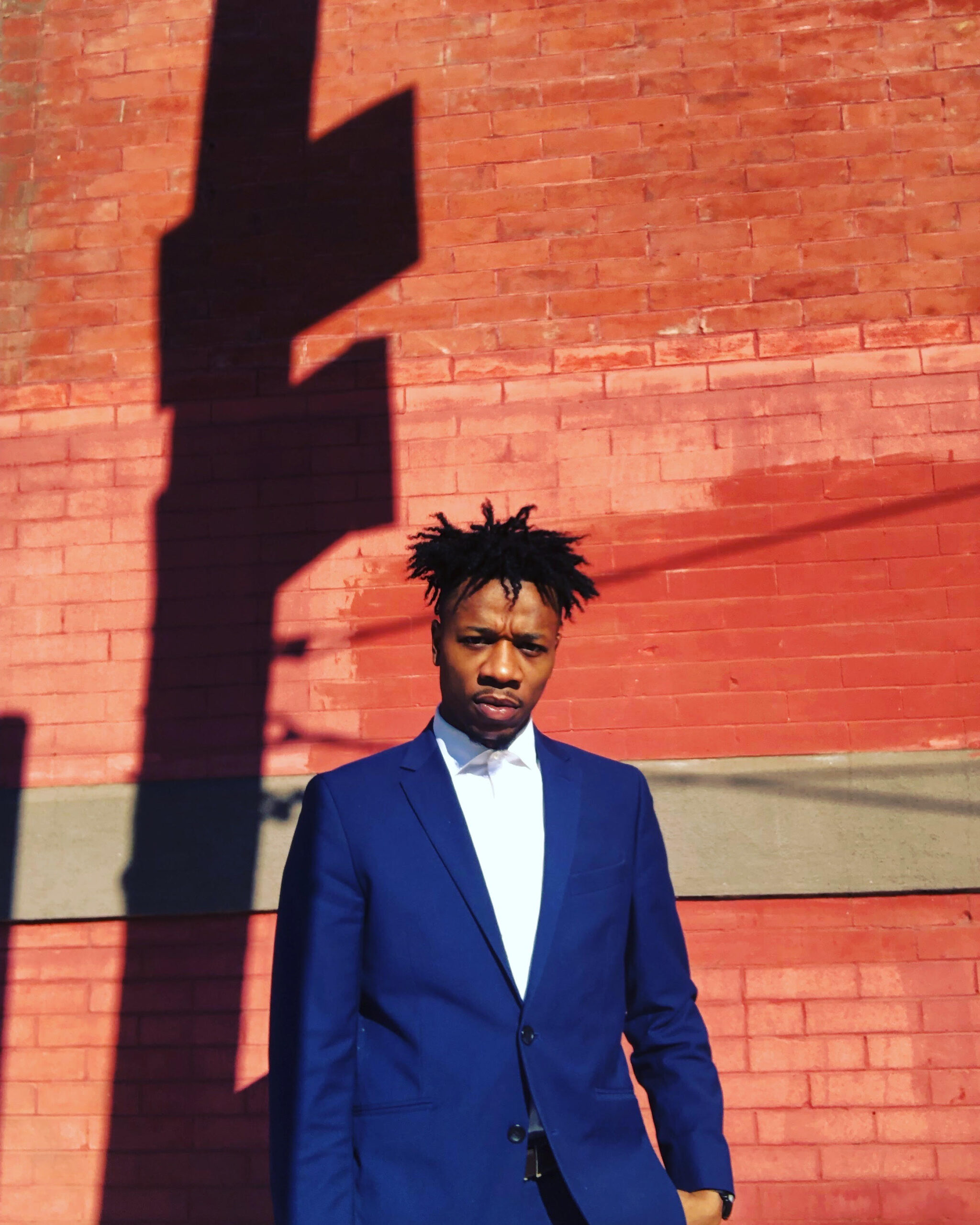Transcribed by Jimmysodope

James Frazier — My favorite thing about financial experts is that they
weren’t always financial experts. They often experience a fall from
grace then eventually reach a breaking point. Their stories remind us
that we won’t always get it right but we can learn and grow to make
the most out of unexpected changes. Tiffany Aliche knows this as well
as anyone. I had a conversation with The Budgetnista about her new
book titled “Get Good With Money” and what’s changed since the release
of her literary debut, “The One Week Budget”.
Tiffany Aliche — I’ll give an example. Literally, the book came out 10
years ago. 2011. And a friend of mine just bought a camera and he was
like what are you doing. I’m like nothing and he was like bring your
book to Barnes and Nobles. I said ok. Got to Barnes and Nobles. Got
dressed in the bathroom. Asked my friend who did makeup to do my
makeup in the bathroom. Put my book on the shelf and proceeded to do a
photoshoot. The manager comes over and was like you can’t do that.
Take this book off the shelf girl! Now yesterday I go to the bookstore
and my book is on the shelf. In that same section. So that’s how life
is different. It’s like the things I wished for are actually
happening.
JF — More than one million books are published in the United States
every year. That’s about. 2,700 new titles per day. I asked Tiffany
what made it so important for the world to receive “Get Good With
Money” now?
TA — Well I mean I think we all know pandemic, quarantine, job loss,
people worried about losing their homes. I wrote this book in the
beginning of all that. And into all of that because I saw how many
people were struggling. Especially our people. And I thought where’s a
guide. A simple easy to read and navigate guide that takes you from
the beginning of your financial journey through till the end.
JF — The national low-income housing coalition reported that 30–40
million people may have been evicted from their homes by the end of
2020. As of February 2021, there were 4.2 million more unemployed
people than in February 2020, which is a month before the pandemic
began. With stats like these, Get Good With Money couldn’t have
arrived at a better time.
JF — The ten steps to financial wholeness are budgeting, savings,
debt, credit, learning to earn. Then the next layers are investing,
insurance, net worth, your money team or financial professionals, and
estate planning. I thought no matter where you are in life, folks need
help getting to the next level. So I created financial wholeness and I
organized these steps to build upon each other. I thought if people
reached 100% financial wholeness which is just when these ten
components come together to create your most solid financial
foundation where you can build anything you want on that foundation.
You can reach any of your goals on that foundation.
JF — The Budgetnista apparently has a vision for the world but i
sensed special kinda love for Newark.
TA — Well I was born here in Saint Michaels Hospital. Then I was
raised partially in Roselle, NJ. And then I spent a lot of my
childhood in Westfield, NJ. Then as an adult, I came back here to
Newark. I started first by teaching. Taught here like I said for just
about 10 years and then I moved here. I think Newark is a diamond in
the rough. I think a lot of people have a lot to say about Newark but
let them cherry blossoms pop then all y’all in our park. Let the
museum have something and I can’t even get parking at the museum.
Bussing out to Weequahic. People have so much to say until they want
to use Newark for its resources. So I feel protective over Newark like
a big cousin.
JF — As the world reopens there will be an abundance of opportunities
for families to bounce back but it definitely starts at home. It
starts in the mind. Tiffany explains why it’s so important for our
community to absorb Get Good With Money.
TA — Going through it alone for example is like going through therapy.
You might be able to work through your childhood trauma on your own
but maybe that takes you 10 years and with therapy, it could have
taken you 10 months. Instead of trying to figure out things on your
own, that’s why guides like this are written. Someone told me this
ain’t no financial book Tiffany. This is like a memoir because I share
my story of how I messed all my finances up and how I fixed it. A
guide because it’s step by step this is how you achieve financial
wholeness and self-help because along the way I’m coaching you to
greatness. And so yea I think Get Good With Money at
getgoodwithmoney.com is the best present I can leave you with.
– I’m James Frazier, in Newark.
